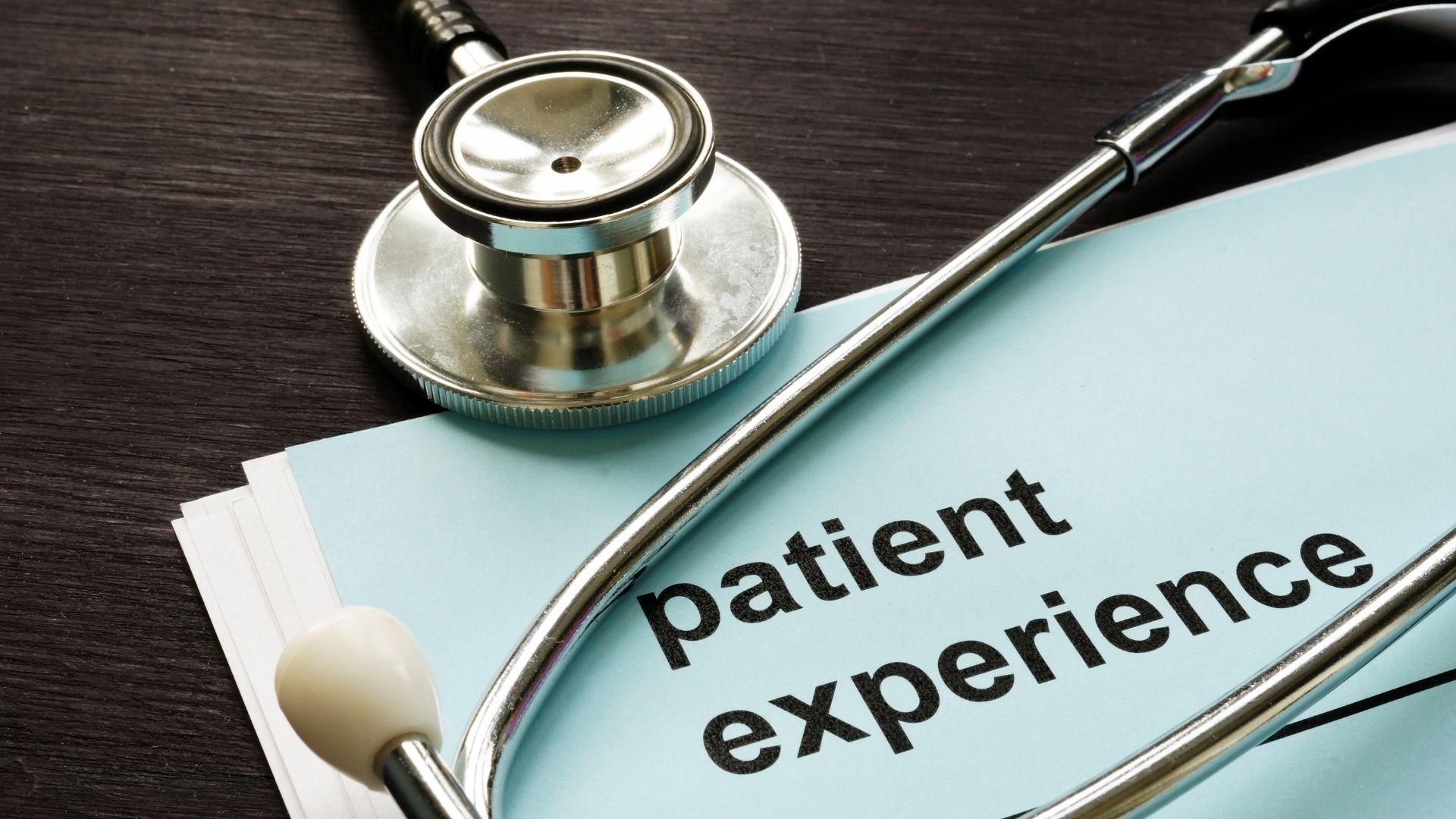
According to the Agency for Healthcare Research and Quality (AHRQ), patient experience entails all interactions shaped by an organization’s culture that affect patient perceptions across the continuum of care. Patient-centered care is essential in providing patients with the best healthcare and quality of life. To accomplish this, healthcare centers should involve patients in their decisions, provide comprehensive and culturally competent care, ensure patient safety is upheld at all times, promote healthy living initiatives, and create a positive patient experience.
Read more: What Is Person-centered Care, and How Can it Improve Healthcare?
When creating a positive patient experience, healthcare centers need to focus on more than just medical treatments. Patient experience encompasses the entire journey from initial contact with the healthcare provider to post-treatment follow-ups. This includes interactions with the front desk staff, nurses, and doctors, treatment plans and protocols, discharge instructions, billing processes, and more.
We will explain why patient experience is so vital to the healthcare system.
What Are the Elements Involved in Patient Experience?
The patient experience involves many interconnected elements that play a role in creating a positive healthcare encounter. These elements include:
a) Communication – Patients must articulate their concerns and needs, understand the language and terminology used, and receive clear answers from healthcare professionals.
b) Accessibility – access to services, appointments, and specialists should be convenient for patients.
c) Empathy – empathy is key to providing an excellent patient experience. Healthcare staff must understand patients’ perspectives and provide them with respect, support, and compassion.
d) Respect – patient experience is a human experience and requires healthcare professionals to treat all patients fairly regardless of race, gender, religion, or sexuality.
e) Quality – the quality of care should meet the highest standards for everyone. This includes providing up-to-date technology, appropriate resources, and evidence-based treatments.
f) Engagement – healthcare providers should involve patients in decision-making to ensure their wishes are heard and considered.
g) Education – providing information on preventive measures and treatment options helps patients make the right decisions about their health care.
Benefits of Positive Patient Experience
A patient should feel like they are in safe and capable hands when receiving care. Here are the benefits of patient experience to a healthcare organization:
1) Improved Health Outcomes
Patients who feel like their healthcare provider respects them may be more likely to follow the treatment plan and take recommended medications. This improves health outcomes as patients become more engaged in their care.
2) Increased Patient Satisfaction
Patients want to feel heard and taken seriously when discussing their health concerns. A patient experience that fosters trust and communication between patients and healthcare providers helps increase patient satisfaction.
3) Improved Safety
When healthcare staff has the resources to focus on patient experience, they can put more emphasis on safety protocols. This includes ensuring that procedures are done correctly, and that proper records are kept. This helps prevent errors and improves patient safety in the long term.
4) Lower Costs
Patients who receive positive care experience tend to require fewer tests and treatments due to improved health outcomes. Additionally, increased patient satisfaction leads to better engagement which can help prevent costly hospital readmissions.
Patient experience is an essential aspect of ensuring quality healthcare for all. It focuses on understanding how patients perceive their interactions with healthcare providers and facilities, including their overall satisfaction, trust, and confidence in their care. Guideway Care guide programs can help you in improving patient experience. Our solutions provide a more connected and secure way of delivering patient care.


